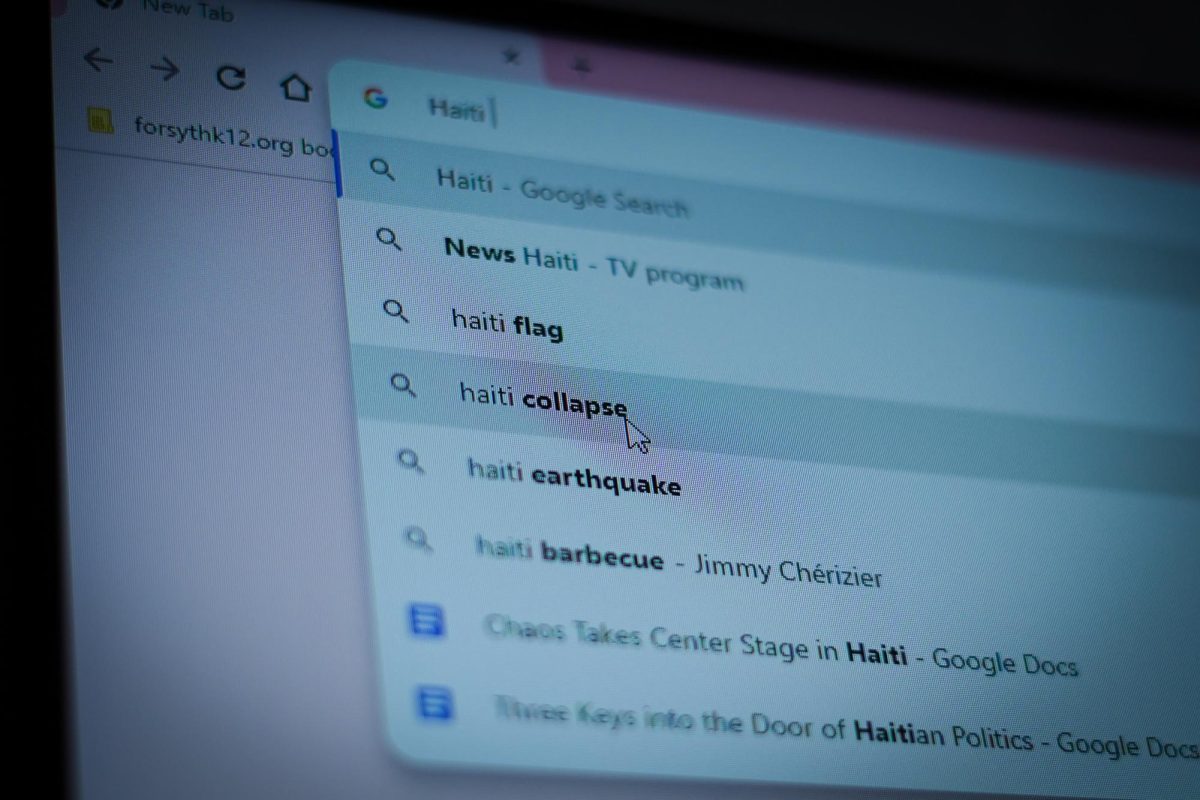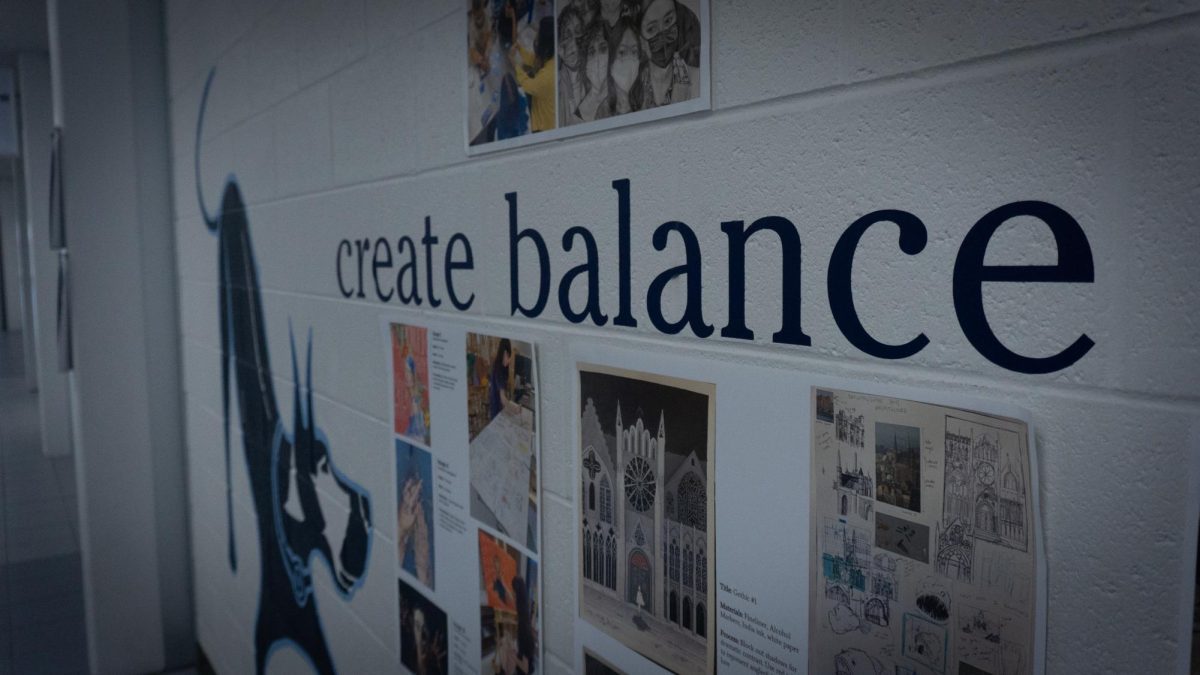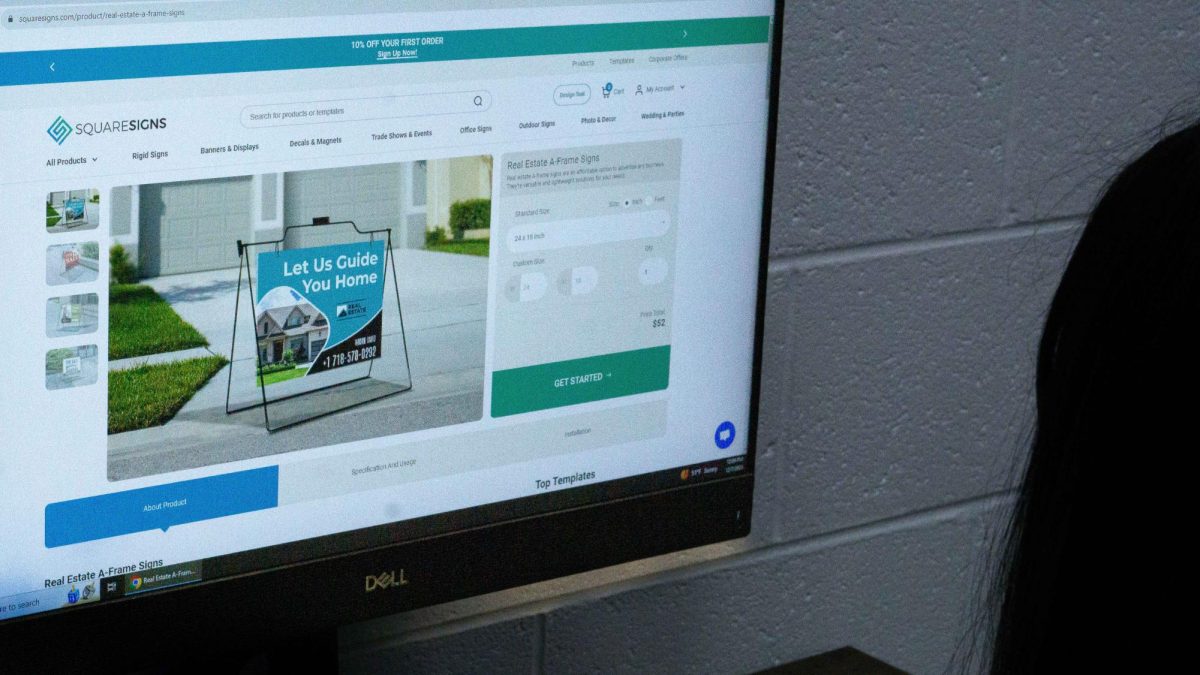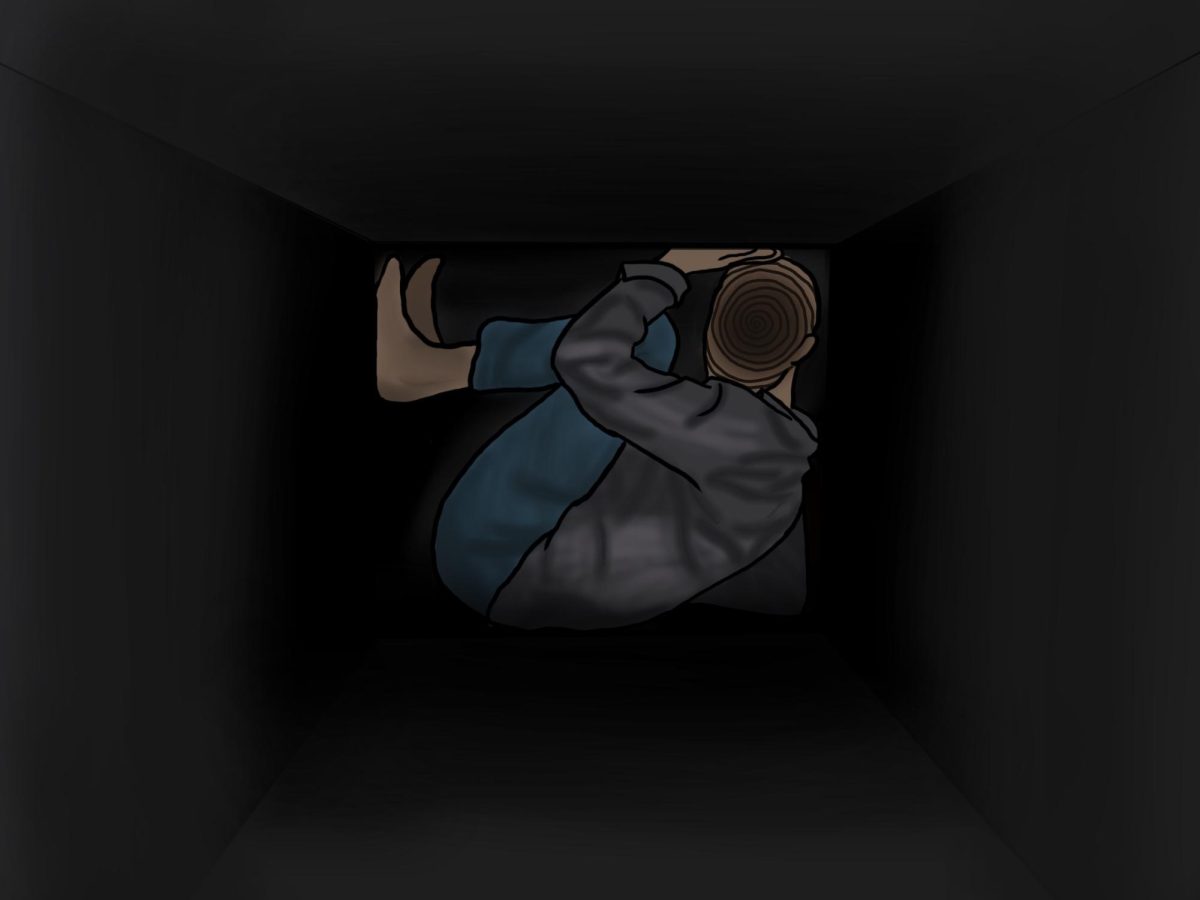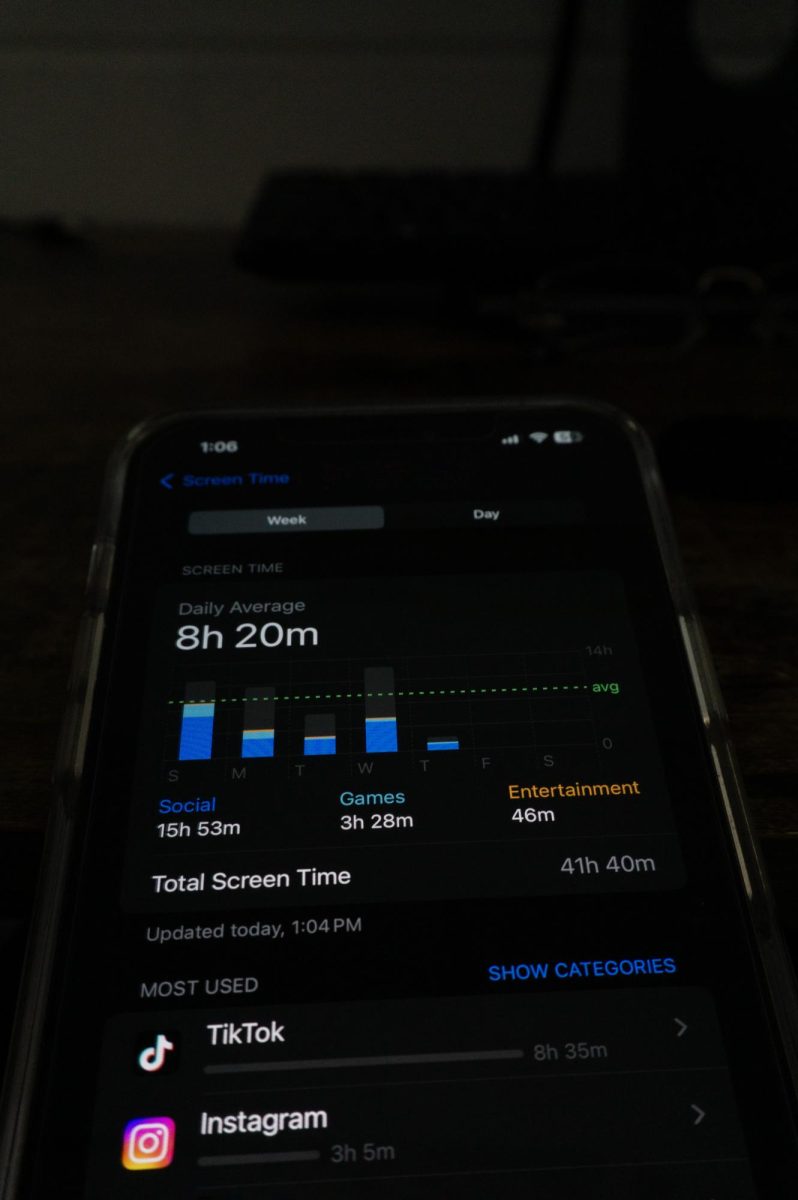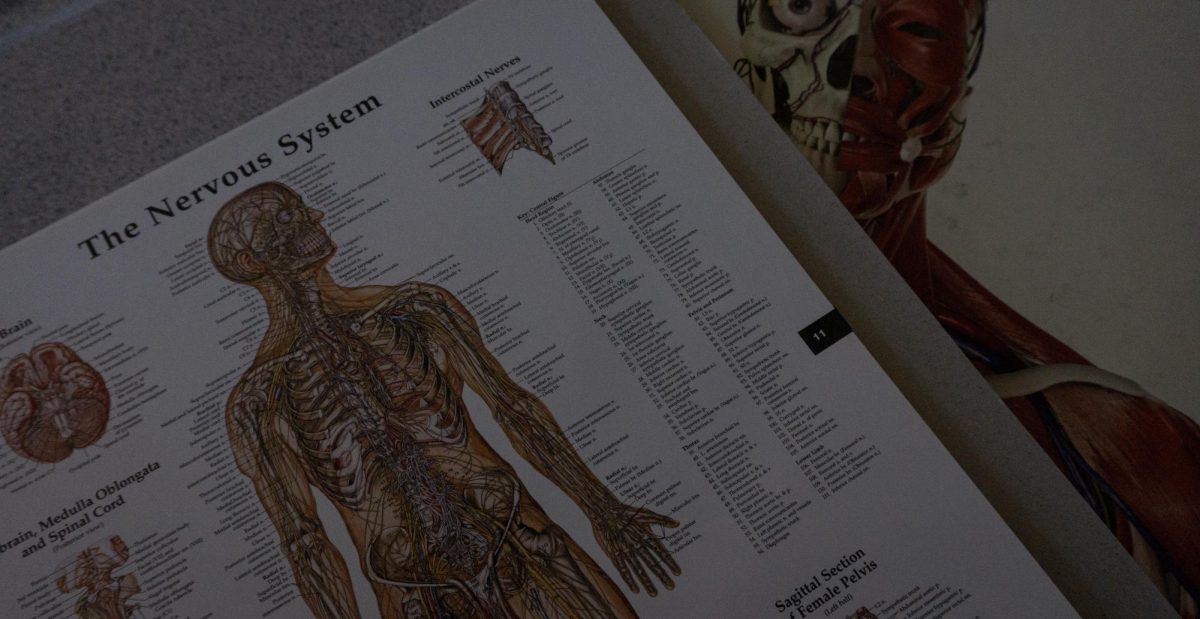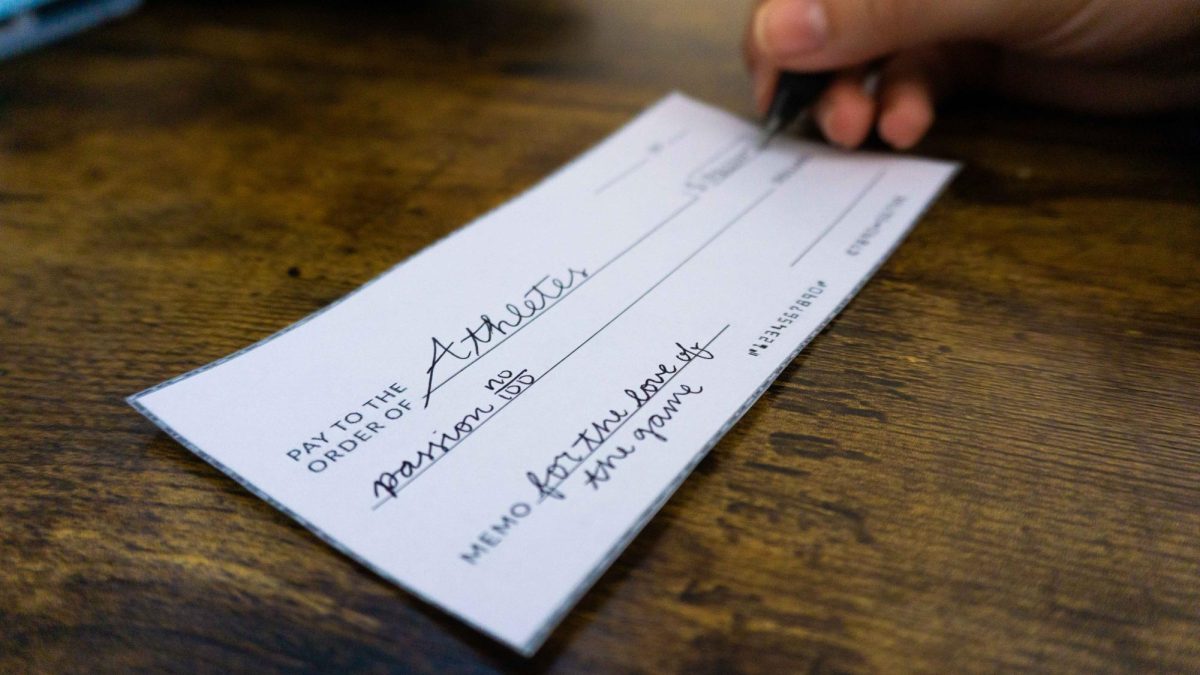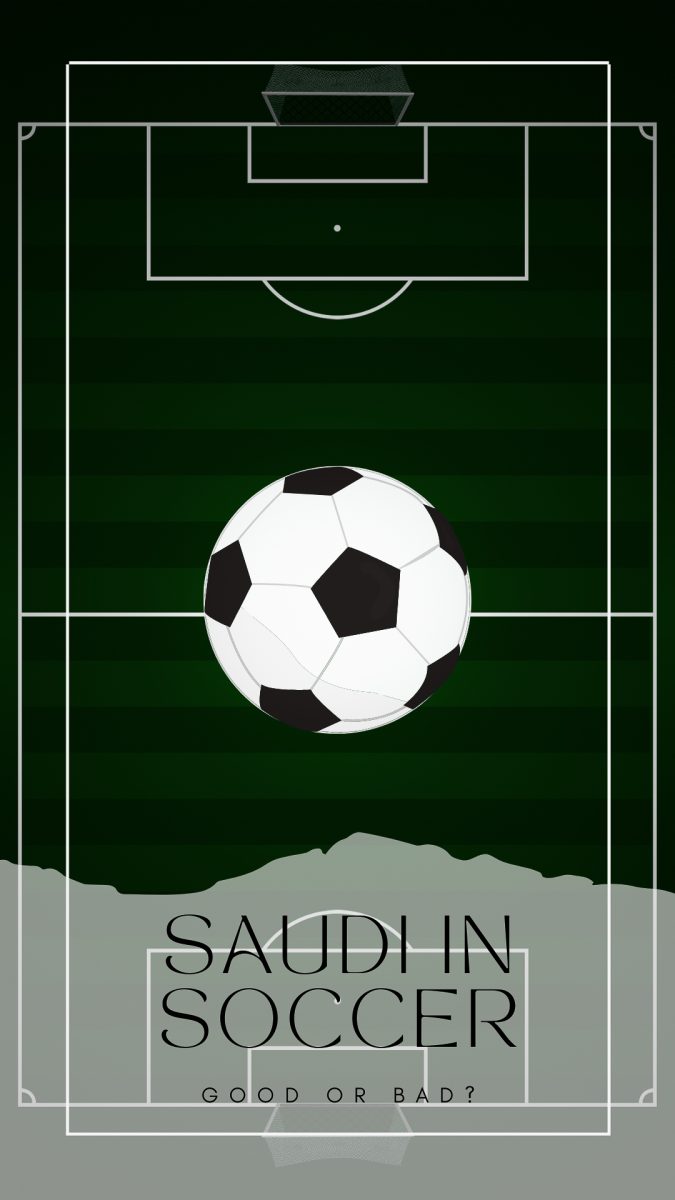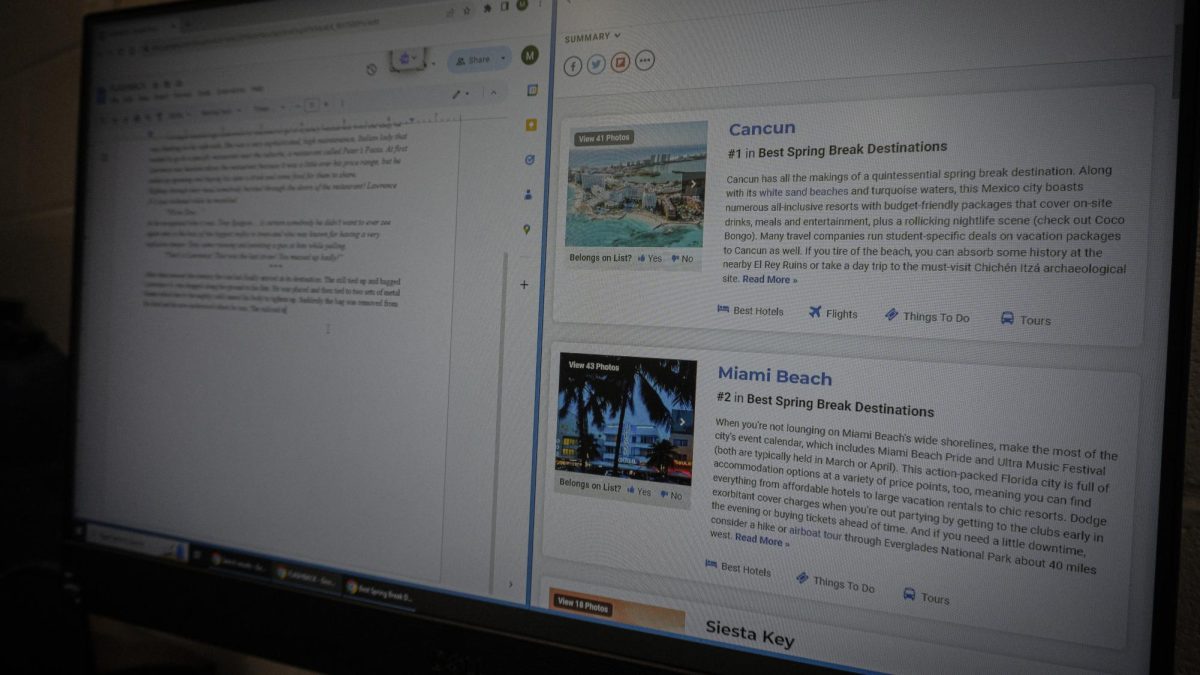Procrastination, a detrimental habit that haunts everyone’s life in some way or another. Whether it be through school assignments, chores, work procrastination plays a role. Though the question is: why? Why do people procrastinate? Despite us, as people, knowing that it is essential to get work done, we somehow always end up pushing it off to some other. Surprisingly it’s not just a feeling, a fleeting thought of pushing something off till tomorrow, it’s a biological fight.
Two sections of the brain are fighting for influence. It’s a match against the limbic system versus the prefrontal cortex. The limbic system, the “unconscious zone that includes the pleasure center”, usually wins against the prefrontal cortex, “basically…[the] internal planner.” The outcome of this fight results in procrastination – “offer[ing] temporary relief from the unpleasant feeling of needing and…not wanting to do something” (Real Simple).
Though, it’s not necessarily a person’s fault when they succumb to the limbic system’s wishes. While the limbic system is automatic, the prefrontal cortex has to be “…kick[ed] into gear” and if “…you’re not consciously engaged in a task, your limbic system takes over…” (Real Simple).
While it is true that procrastination is biologically influenced, external stimulation also plays a role. The way one’s life is laid out may change the way someone views assignments. For example, during the COVID-19 Pandemic many people’s lives fell apart, new anxieties rose. “…anxieties around health, job performance, family commitments and security…” (USC Dornsife). Therefore many struggled with keeping up with the fast paced movement of life, while they were stuck behind, coping with their issues.
Even now, post-pandemic, people struggle with various issues that have stemmed from covid infecting the world. People now face familial issues, mental health issues and more which consistently affect someone’s life. “When faced with a negative association, the amygdala portion of the brain – which controls the ‘fight or flight’ response – treats the task as a threat.”
“The ‘fight or flight’ response inhibits the logical “decision-making” of the brain, causing people to internally put a hold on their life, while the rest of the world is still moving at the same pace, leading to procrastination.”
Those that procrastinate are known to have worse mental health problems and even physical issues. This can be traced back to the dopamine within one’s body. Low dopamine levels can result in depression, anxiety and more. As one works and completes tasks, dopamine fills our body the same way food or money does. Despite the influx of the drug within one’s system too much can also be dangerous. The workaholics who don’t take a break are prone to developing anxiety as well. “…our brains give us extra help to concentrate, but they sometimes stress us out in the process…” This is due to the way we process information. The reticular activating system (RAS) job is to go through thousands of messages per second and organize their importance “It speeds up and makes us more alert as our stress levels increase, releasing a chemical called cortisol to cause the RAS neurons to fire more rapidly.” Though cortisol in moderation elevates one’s performance, excessive amounts can lead to anxiety and poor presentation (Forbes.com).
Though it may seem impossible to overcome this obstacle it can be overcome with various motivations. Though it is obvious, motivation is key to eliminating procrastination. A study performed by Vanderbilt scientists showed that people who have a motivation, have a reward in sight, have a “higher release of the neurotransmitter dopamine in area of the brain known to play an important role in reward and motivation, the striatum and ventromedial prefrontal cortex.” Alternatively, those without motivations have “high dopamine levels in…the anterior insula,” which is responsible for emotion and risk perception.
With that said, as much as fixing one’s procrastination issues it is equally important to back up and take a break. Our brains aren’t meant to constantly be put at work, sometimes it needs a rest, sometime you need a rest. In the end, pushing yourself to the limit is equally harmful as procrastination, instead it is important to learn how to balance your work and self care. As midterms are coming up make sure to plan ahead to ensure that you’re spending your time wisely, but also ensure that your schedule is balanced enough that your physical health isn’t compromised.
“Science Explains Procrastination.” Real Simple, https://www.realsimple.com/work-life/life-strategies/time-management/procrastination#:~:text=Science%20explains%20procrastination%20as%20the,part%20of%20the%20brain%20that’s. Accessed 4 Dec. 2024.
“What Drives Procrastination at Work?” Applied Psychology Degree – University of Southern California, https://appliedpsychologydegree.usc.edu/blog/what-drives-procrastination-at-work. Accessed 4 Dec. 2024.
“Dopamine Impacts Your Willingness to Work.” Vanderbilt News, 1 May 2012, https://news.vanderbilt.edu/2012/05/01/dopamine-impacts-your-willingness-to-work/. Accessed 4 Dec. 2024.
Forbes Technology Council. “What Your Brain Thinks of Productivity.” Forbes, 9 Jan. 2023, https://www.forbes.com/sites/forbestechcouncil/2023/01/09/what-your-brain-thinks-of-productivity/?sh=2b0b0ed5747e. Accessed 4 Dec. 2024.



